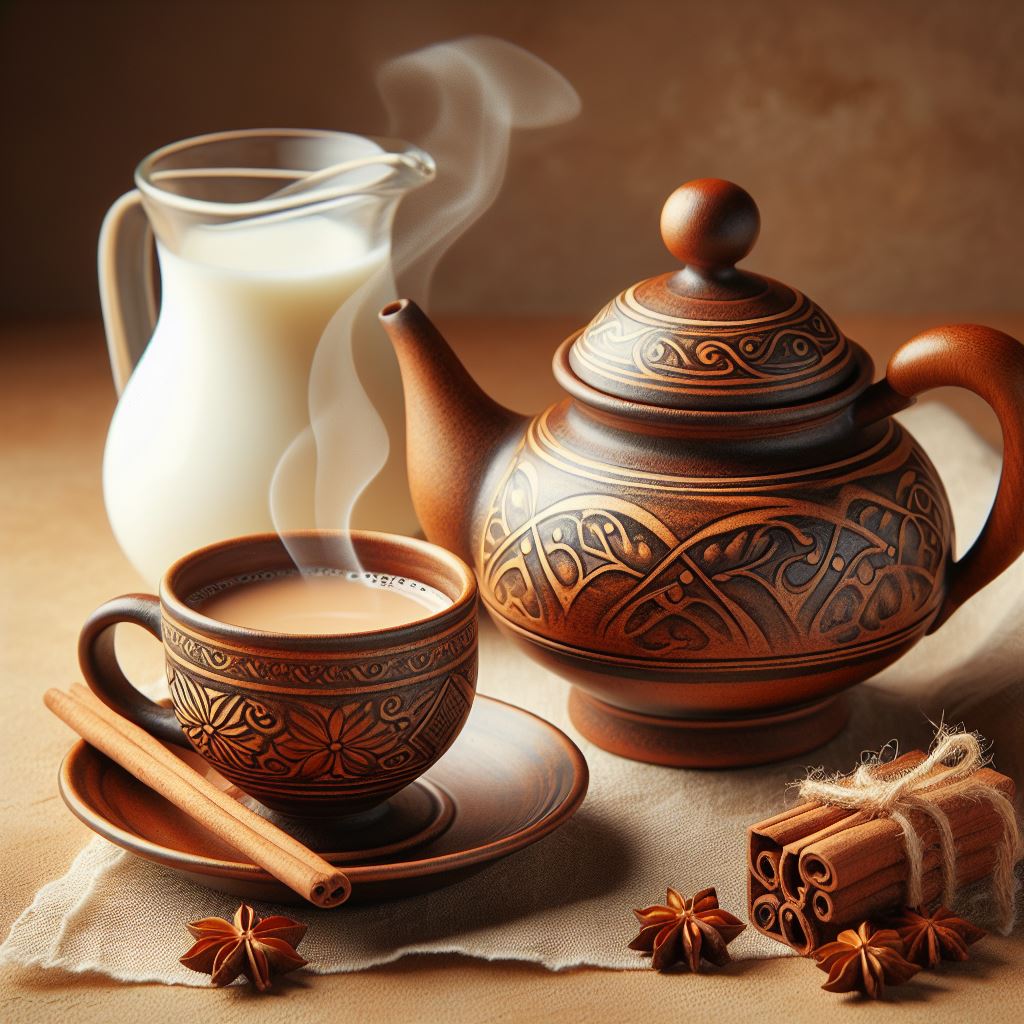
The Art of Tea Drinking: A Tradition Worth Savoring
Share
Tea drinking is more than just a habit; it’s a cultural tradition that has seeped into every aspect of our lives. From the comforting invitation of “Want a cuppa?” during a friendly visit, to the soothing assurance of “Let’s have a cup of tea, it fixes everything” during tough times, tea has become synonymous with relaxation, comfort, and camaraderie.
The Role of Tea in Our Lives
Whether it’s taking a break at work—affectionately known as “Smoko”—or simply wanting to “have a breather,” these moments often translate into having a cup of tea. Even walking into the house from anywhere is often met with “I’ll pop the kettle on,” signaling the brewing of a fresh cup of tea.
As a herbalist, I frequently enjoy a variety of herbal teas, considering herbs as my first line of medicine. Yet, the allure of a hot, steamy cup of black tea with milk—much like my mum and the English women in my family enjoyed—is undeniable. My preference, however, leans towards plant-based mylks.
The Health Benefits of Black Tea
In this post, I aim to shed light on the health benefits of black tea and compare the common choices of milk and mylks. Here are some researched reasons why you might want to accept the next offer of “Would you like a cuppa, love?”
Black tea is a powerhouse of antioxidants, including polyphenols, which help remove free radicals and decrease cell damage in the body. It’s rich in flavonoids that benefit heart health and may reduce risk factors for heart disease. Black tea can also help lower LDL cholesterol, improve gut health, reduce the risk of several types of cancers, and improve bone density. Additionally, it may help reduce anxiety, stress levels, and depression.
But the benefits don’t stop there. Black tea supports cardiac and kidney functions, aids in oral health, protects against atherosclerosis, reduces blood pressure, and might help reduce the risk of diabetes. It’s a great non-sweetened beverage that can help improve the use of insulin and reduce blood sugar levels. Plus, it provides a stable and level type of energy, which aids with alertness and focus.
Milk or Mylk The choice is yours!
| Milk Type | Benefits | Taste |
|---|---|---|
| Soy Milk | Rich in protein, vitamins, minerals, and antioxidants. Supports nerve cells, DNA, and healthy muscles and organs. | Mild, creamy, slightly sweeter than other milk alternatives with a beany flavor. |
| Oat Milk | Rich in vitamins, minerals, calcium, and fiber. Boosts immunity, lowers cholesterol, and is a good choice for a vegan diet. | Tastes like cow’s milk, but with an oat finish. Thicker and naturally sweeter than other non-dairy milk. |
| Almond Milk | Low in calories and fat. Good source of vitamin E. | Slightly nutty taste. Creamy and slightly sweeter than other milk alternatives. |
| Cow’s Milk | Good source of protein, calcium, potassium, and Vitamin D. Rich in vitamins and minerals like vitamin B12 and iodine. | Traditional milk taste. |
So, the next time you’re offered a cup of tea, remember the myriad of health benefits it offers. Whether you prefer traditional milk or plant-based mylks, there’s a perfect cup of tea waiting for you. Enjoy the tradition, savor the moment, and reap the health benefits. Happy tea drinking!

